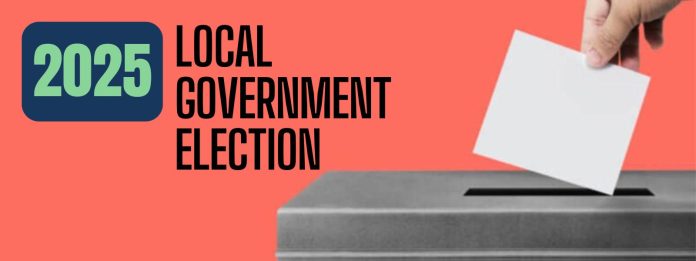Sri Lanka is preparing for a crucial local government election on 6 May 2025. This vote, long overdue, will elect representatives to 339 local authorities across the country and marks the first such election in seven years. The poll comes after numerous legal and political delays and features a number of important updates and procedural changes that voters should be aware of.
What’s Being Elected?
Voters will choose members for 28 Municipal Councils, 36 Urban Councils, and 275 Pradeshiya Sabhas. Altogether, 8,711 members will be elected to these bodies.
What’s New This Time?
The Local Authorities Elections (Special Provisions) Act No. 01 of 2025 annulled all nominations submitted for the earlier scheduled 2023 elections, which were repeatedly postponed. New nominations were accepted between 17 and 20 March 2025, following a Supreme Court ruling in August 2024 that determined the government had violated the fundamental rights of citizens by delaying the vote.
How Does the Election Work?
Sri Lanka uses a mixed electoral system for local government elections. Sixty percent of members are elected via the first-past-the-post method from electoral wards, while the remaining forty percent are selected through proportional representation from party lists. Voters cast a single ballot, which is counted both toward their preferred ward candidate and for their chosen party’s overall proportional representation tally.
How Are Mayors and Chairpersons Elected?
Mayors and chairpersons are not directly elected by the public. Instead, once councils are formed, members elect the leadership from among themselves. Political parties typically negotiate these roles based on the distribution of seats.
Key Dates
Postal voting will take place on 24, 25, 28 and 29 April 2025. The main election day is scheduled for 6 May 2025. Successful candidates are expected to assume office by 2 June 2025.
Who Can Vote?
An estimated 17.3 million citizens are eligible to vote in this election. Postal voting has been approved for over 648,000 government employees, including military and police personnel who are unable to vote in person on election day.
Inclusivity Measures
New regulations require all party nomination lists to include at least ten percent women and twenty-five percent youth candidates aged 18 to 35. Some nominations were initially rejected for failing to meet these criteria but were later accepted after legal challenges and corrections.
Rejected Nominations and Legal Disputes
Out of 2,929 nomination papers submitted, 427 were rejected due to administrative errors or non-compliance with quotas. A total of 132 appeals were made to the Election Commission, resulting in the acceptance of several previously disqualified lists.
Estimated Cost
The 2025 local government election is projected to cost around Rs. 11 billion. This budget covers the logistics, security, personnel, and administrative support necessary for a nationwide election.
Oversight and Monitoring
The Election Commission of Sri Lanka is responsible for conducting the election. Independent organisations such as PAFFREL have deployed 160 long-term observers and plan to deploy more than 3,000 short-term observers on election day. Special attention is also being given to monitoring misinformation and harmful content on social media platforms, including content generated through artificial intelligence.
Why Was the Election Delayed?
The election was originally scheduled for March 2023 but was postponed several times due to funding constraints, logistical challenges, and political resistance. These delays led to significant public backlash, legal action, and eventually a ruling by the Supreme Court mandating the rescheduling of the poll.
Why This Election Matters
Local government authorities are responsible for critical services such as waste management, road maintenance, town planning, public health, and local economic development. In the absence of elected representatives, these bodies have been run by administrative commissioners, limiting public accountability. This election offers citizens the opportunity to restore democratic governance at the grassroots level.





